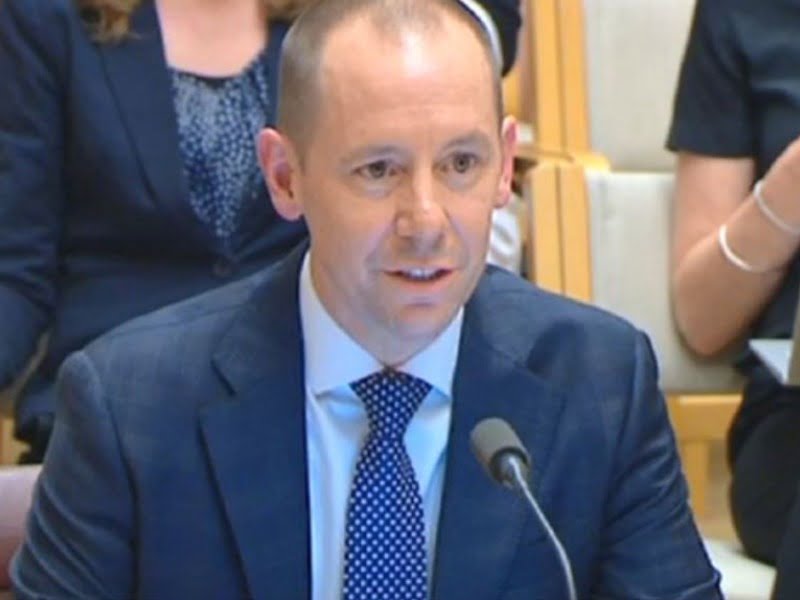The federal government’s troubled digital ID project is set to be used for online age verification, with biometrics capability also to be launched by the middle of the year.
The final report from the Standing Committee on Social Policy and Legal Affairs’ inquiry into age verification for online wagering and online pornography recommended that the Digital Transformation Agency (DTA) expand its GovPass digital identity program to include an ability to verify the age of Australians trying to access these services.
The report found that there are a “range of age verification services available which seek to balance effectiveness and ease-of-use with privacy, safety and security” and that the same restrictions that exist in the real world should also apply online.
But the committee did acknowledge that age verification is “not a silver bullet”.

The committee said the DTA should develop the standards for online age verification along with an exchange that can support a “competitive ecosystem for third-party age verification in Australia”.
While not bound to follow the committee’s recommendations, the DTA has already developed these two things as part of its own GovPass project. The committee has asked that it expand the existing services to be able to incorporate online age verification.
As part of GovPass, a gateway exchange has been developed by the Department of Human Services while the DTA itself has formulated the Trusted Digital Identity Framework, a set of policies that a service provider must be accredited against in order to be part of the ecosystem.
The government’s own digital identity offering, myGovID, has been developed by the ATO and will be one of the options for verifying identities online, along with private sector services.
To do what the committee wants, the government will need to pass new legislation allowing the DTA’s digital identity policies to apply to the private sector, and will likely come with another large cash injection.
“The DTA would need legislative authority for the program to connect directly to services in the private sector, and further investment would be required as age verification was not in the original scope of the program,” the report said.
“The committee anticipates that such a system would support the development of a competitive ecosystem for third-party age verification in Australia, including public and private sector age-verification providers. This would ensure that users have a choice about how they wish to verify their age and would also protect users’ privacy by ensuring that age verification is carried out by a third party.”
The GovPass project has already cost more than $210 million since it was announced and is still in a beta testing phase.
The DTA itself had offered up its digital identity services for online age verification. In a submission to the inquiry, the agency said this would be a “convenient alternative for users to verify their age” and that myGovID would be “only one of a number of potential pathways.
This could involve the use of biometrics and facial recognition, with the DTA confirming that it is set to include these features in its digital identity play, potentially by the middle of this year.
Fronting a Senate estimates hearing last week, DTA chief executive Randall Brugeaud said the agency is taking it slow and carefully in incorporating biometrics to GovPass, which is currently in a testing phase.
“We are working through a set of technical issues in order to allocate an ID which has a biometric element. We want to ensure that the person granted that ID is entitled to it. We want to ensure the quality of the biometric is exactly where it needs to be,” Mr Brugeaud told the hearing.
“This is about getting it right. We would like this to be in the mid-year but we wouldn’t put pressure on that. We’ll get it right before we put it out,” he said.
“We have a couple of issues that we’re still working through – we just need to get it right. We need to finalise those before we’re ready to go to the next testing phase.”
There are concerns with delays and cost blowouts associated with GovPass, which has cost more than $200 million in the five years since it was announced. There are currently only two accredited digital identity providers involved with the scheme and both are government funded.
But Mr Brugeaud denied there have been any delays or missed deadlines.
“It is a really reasonable timeframe for a project of such importance and national significance. This is a project that’s much more important to get right than to rush out. To rush to failure is not clever,” he said.
Do you know more? Contact James Riley via Email.


Really – “There are concerns” with delays and cost blowouts associated with GovPass, which has cost more than $200 million in the five years since it was announced. That’s 5 years and the thing is a beta ? That’s 35 Internet Years and the DTA has produced a beta ? Go guys !!
But Mr Brugeaud denied there have been any delays or missed deadlines. And he’d be right. Because there never were any deadlines, and how could they be missed if they never existed ?? That’s the magic of Agile – no plan, no schedule, no budget, no resource plan, no end-state, no specs, no acceptance criteria, no delays and no missed deadlines. What’s not to love xxxx
And Paul Shetler’s “fail fast” mantra definitely went to heaven with him. Now Randall says it’s totally dumb to fail, not smart at all. He’ll “get it right” before he “puts it out”. Maybe that’s why his stuff is in beta after 35 Internet Years ?
The more things change the more they stay the same – and here in CBR they never really change at all. Smoke, but no fire. And now Randall will get more money ? Beta in 2025 ? Go DTA !!!
@digikoolaid